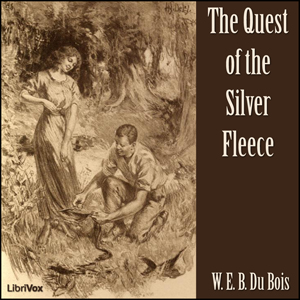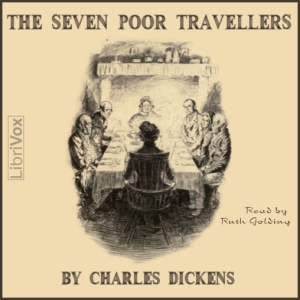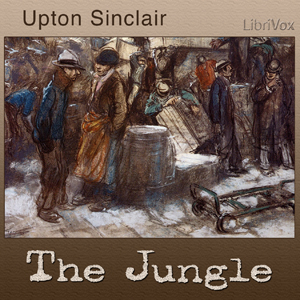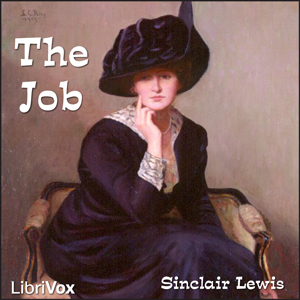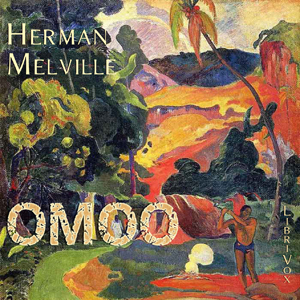Max Havelaar; or, the Coffee Auctions of the Dutch Trading Company
(0 User reviews)
196
1868
English
- Preface
- Chapter I
- Chapter II
- Chapter III
- Chapter IV
- Chapter V
- Chapter VI
- Chapter VII
- Chapter VIII
- Chapter IX
- Chapter X
- Chapter XI
- Chapter XII
- Chapter XIII
- Chapter XIV
- Chapter XV
- Chapter XVI
- Chapter XVII
- Chapter XVIII
- Chapter XIX
- Chapter XX
Called "the Book that Killed Colonialism", Max Havelaar is an indictment of the Dutch colonial policies of the 1850s that were designed to exploit the native Indonesian masses.
In the novel, the protagonist, Max Havelaar, tries to battle against a corrupt government system in Java, which was then a Dutch colony.
Although the novel addresses issues of a bygone era, it is still hailed widely for its literary styles and expression of thought.
Translator Baron Alphonse Nahuÿs, compared Max Havelaar to Harriet Beecher Stowe’s Uncle Tom’s Cabin for its exposure of the ill-treatment of a subject people by men intent on economic gain.
The book raised the awareness of Europeans at the time, that the wealth that they enjoyed was the result of suffering in other parts of the world.
Indonesian novelist Pramoedya Ananta Toer argued that by triggering these educational reforms, Max Havelaar was in turn responsible for the nationalist movement that ended Dutch colonialism in Indonesia after 1945, and which was instrumental in the call for decolonization in Africa and elsewhere in the world.
Thus, according to Pramoedya, Max Havelaar is "the book that killed colonialism".
Note: The author, Dutch writer Eduard Douwes Dekker, used "Multatuli" as
a pen name. The German poem was read by Michael Grunze of Heidelberg, Germany.
(Summary by John Greenman and Wikipedia)
There are no reviews for this eBook.
There are no comments for this eBook.
You must log in to post a comment.
Log in


